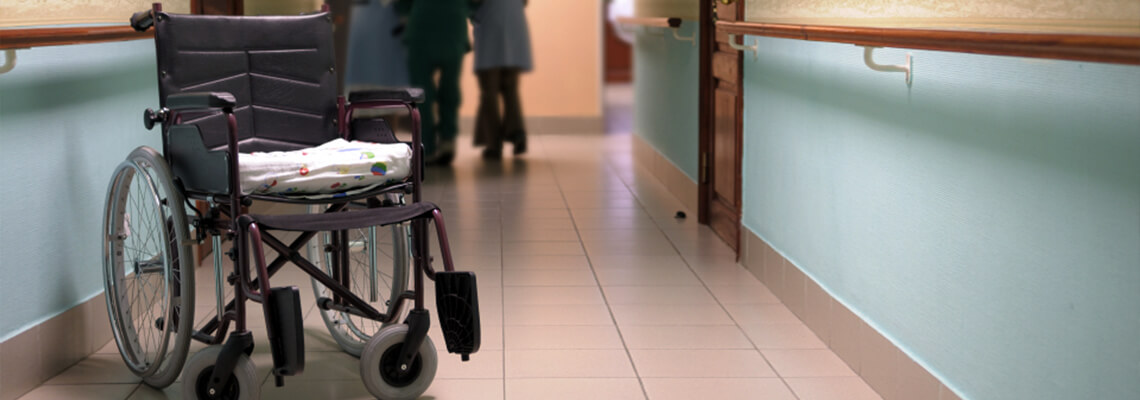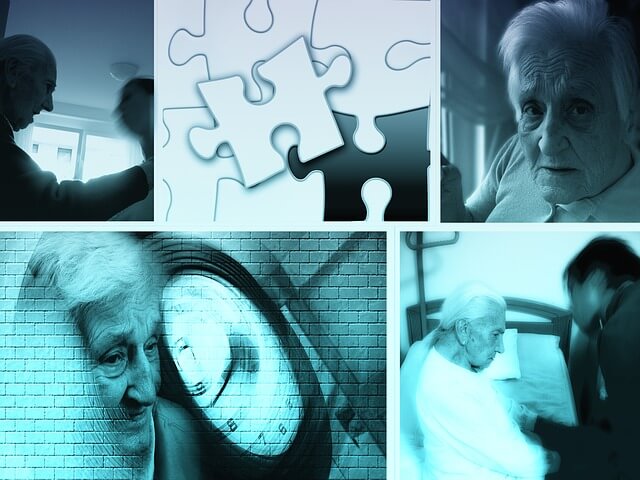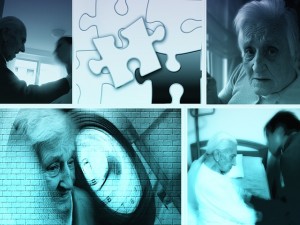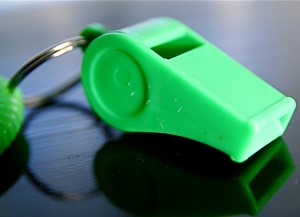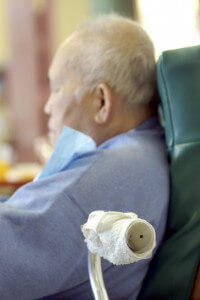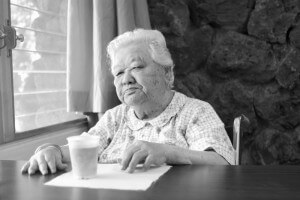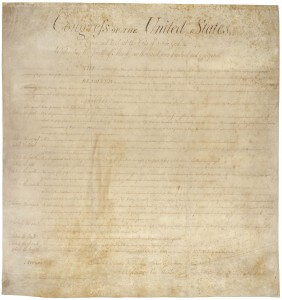Atlanta Elder Abuse & Medical Malpractice Blog
Welcome to the Atlanta Elder Abuse & Medical Malpractice Blog, provided by Atlanta, Georgia law firm Brownstein & Nguyen. This blog page is dedicated to legal issues and matters concerning medical malpractice and elder abuse in Georgia. We hope it is informative and helpful.
The information and opinions provided on this page are not legal advice. Please consult with an attorney to discuss your legal issue.
